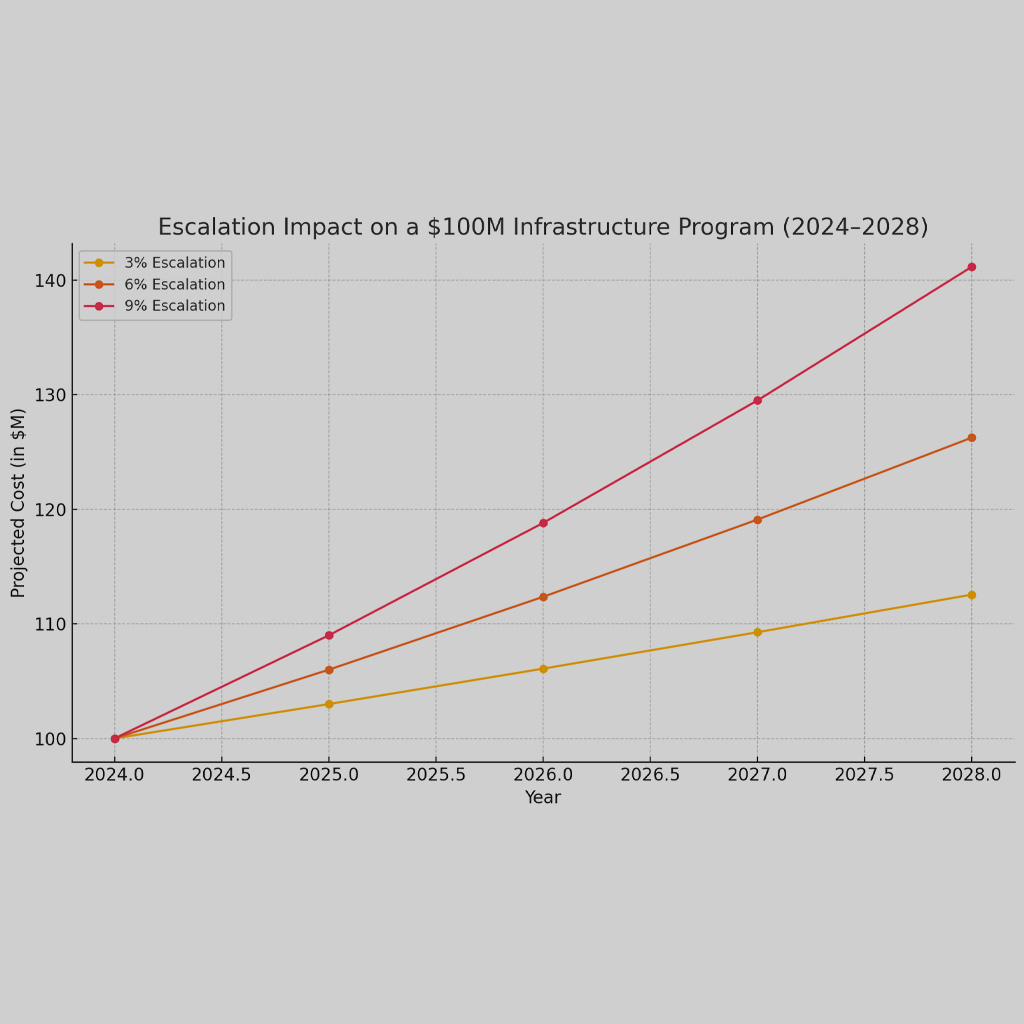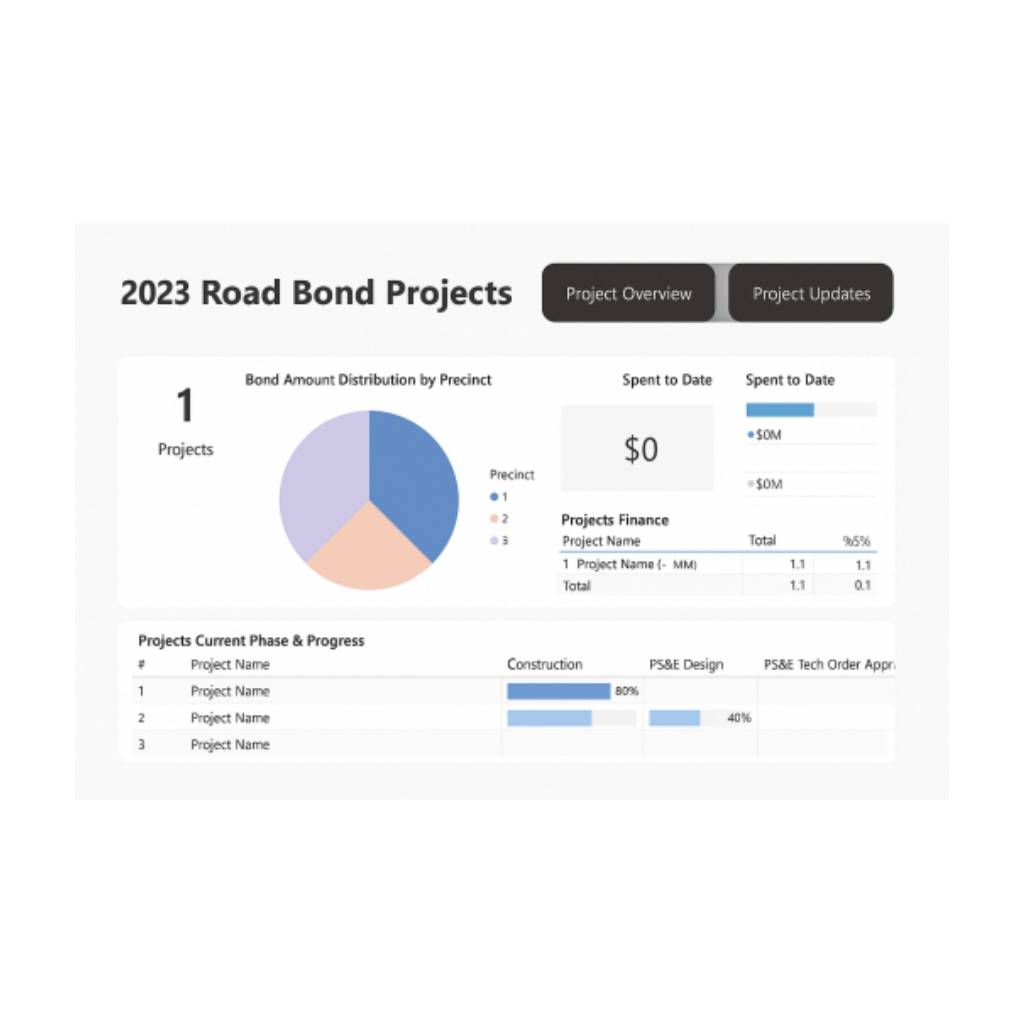Natural disasters like hurricanes, tornadoes, floods, wildfires, and earthquakes can cause widespread destruction and devastation to homes, businesses, and infrastructure. Permitting departments in local municipalities are significantly impacted in these events and play a crucial role in the recovery process by issuing permits for repair and reconstruction work. At the same time, these teams are working to review and issue permits, they are also dealing with the challenges of being victims of the very same natural disaster.
The Role of the Permitting Department
The permitting department plays a crucial role in regulating and overseeing construction projects within a community. Its primary responsibilities include reviewing and issuing permits for infrastructure and development projects, ensuring all work complies with building codes and zoning regulations, and conducting inspections to ensure safety and quality control.
Challenges Faced by Permitting Department During a Natural Disaster
During a natural disaster, the permitting department faces unique challenges that can impact its ability to perform its duties. As victims of the natural disaster, the office and staff could have damage to their living or work spaces, potential power outages and displacement, and more. There is also a limited staff, a surge of applications, and compounding delays in issuing permits.
Shortage of Staff
Permitting offices are habitually understaffed, and they cannot easily surge their workforce to handle the flood of permit applications and inspections. Natural disasters can cause burnout and overwork for staff, which leads to high turnover rates and recruitment challenges. Hiring and training new personnel can take time, and other departments may compete for the same resources.
Increase in Permit Applications
After a natural disaster, there is often a surge in demand for construction services to repair and reconstruct damaged structures, and there may be a need for temporary housing and emergency shelter. This increase in demand leads to a higher volume of permit applications, which is then piled on top of their existing backlog of applications. Additionally, inspectors have a unique compounding challenge in which they are having to inspect the development for all the new permits in addition to the potential infrastructure and development damages from the natural disaster.
Delay in Issuing Permit
Due to the challenges listed above, the permitting department may experience delays in processing and issuing permits after a natural disaster. A backlog of permit applications, a review and approval process that takes longer due to limited staff, and the prioritization of emergency repairs can all contribute to delays.
Conclusion
A natural disaster can have a profound impact on a community and its infrastructure. The permitting department is an essential component of the recovery process, but it faces significant challenges during and after a natural disaster. From delays in issuing permits to a surge in permit applications, the permitting department must navigate a complex landscape of competing demands and limited resources. By understanding the impact of natural disasters on the permitting process, we can work to improve disaster response and recovery efforts and build more resilient communities.
At Front Line Advisory Group (FLAG), we are providing process improvement and change management services to help municipalities collect and analyze data, improve stakeholder communication, leverage technology, develop training plans, and more. We believe these are the most effective and affordable ways for municipalities to scale their capabilities. Contact us for more info at info@frontlineadvisorygroup.com.













